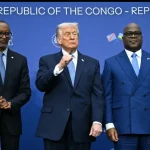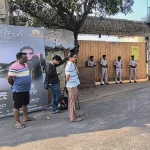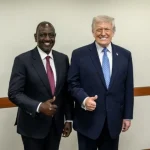President William Ruto is confronting his most formidable challenge yet: mobilized Gen Z Kenyans demanding justice, opportunity, and accountability.
Street protests, notably led by Generation Z, have erupted nationwide in response to soaring living costs, endemic corruption, and repeated instances of police brutality. These demonstrations have intensified over the past year, a turning point for Ruto’s administration.
In the most recent wave, activists staged several rallies demanding the president serve only one term. The violent death of blogger Albert Ojwang in police custody—and the protests that followed—revived long-simmering frustrations. At least eight people were killed during these recent protests, marking yet another tragic episode in Kenya’s struggle with political dissent—and amplifying calls for reforms.
Analysts warn that Ruto’s hardline approach—favoring force over dialogue—may further erode investor and public confidence, weakening his re-election prospects. Simultaneously, while the opposition remains fragmented, Kenya’s millennial and Gen Z populations are increasingly disengaged from traditional politics, contributing to the momentum of street-based activism.
As the countdown to the 2027 presidential election ticks on, the administration faces growing pressure to respond decisively with reforms—before the calls for change reshape Kenya’s political future.








